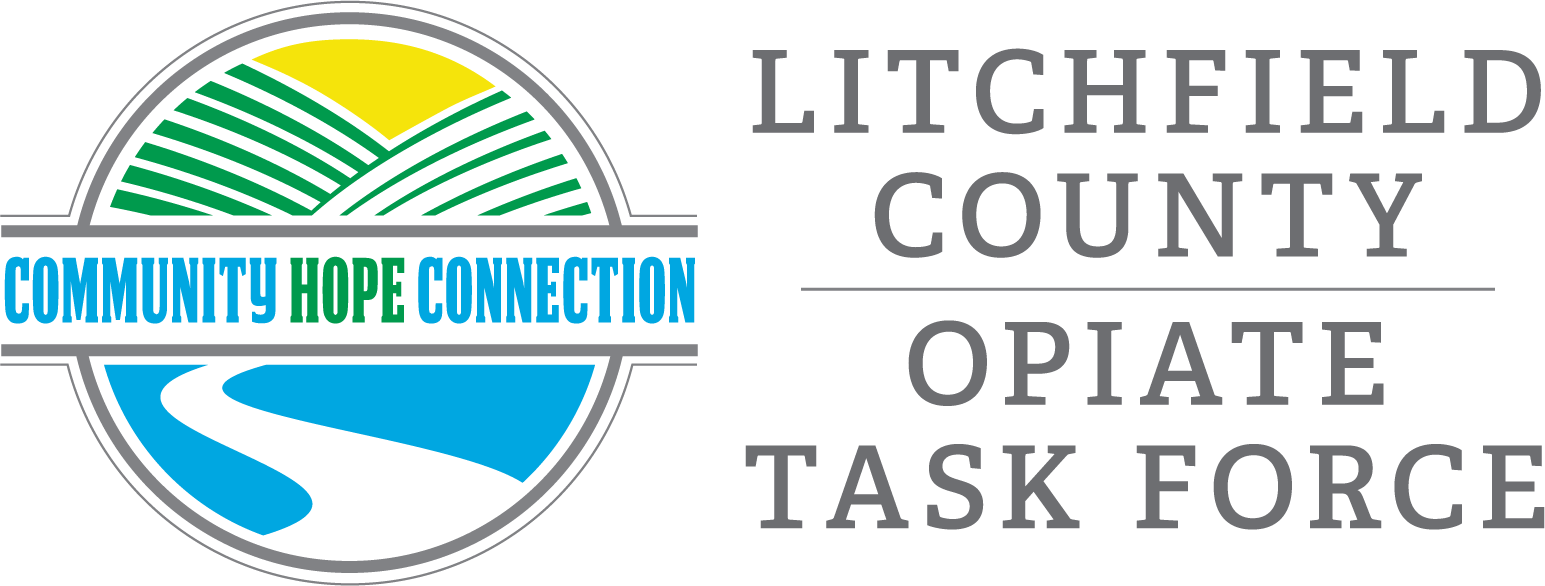Opioid Substance Use Treatment Options in Connecticut
Opioids are pain killers that can be highly addictive if abused and/or misused, and are in the form of heroin or prescription drugs (e.g., Vicodin, Percocet, Oxycontin). According to the United States Centers for Disease Control and Prevention (CDC) in 2017 the number of overdose deaths involving opioids was six times higher than in 1999. In Connecticut, since 2013, there has been an unprecedented level of opioid use, causing a huge toll in terms of dependence, addiction, overdose and death.
TREATMENT OPTIONS AND SERVICES IN CONNECTICUT
The Connecticut Department of Mental Health and Addiction Services (DMHAS) has a wide array of addiction related resources to assist residents of Connecticut, family members, and social service providers dealing with this issue:
- Statewide toll-free number connecting residents seeking treatment and services to local walk-in assessment centers. Residents can call 1-800-563-4086, 24 hours a day, to connect them or a loved one to an assessment center in their area, or visit the website for a location: http://www.ct.gov/dmhas/walkins
- Opioid Overdose Prevention/Naloxone (Narcan) Initiative: Naloxone (narcan) is the antidote to an opioid overdose. Pharmacists who have been trained and certified are now able to prescribe and dispense naloxone/narcan to individuals from a pharmacy. A list of Naloxone Prescribing Pharmacists in Connecticut is available by clicking this link. In addition to certified pharmacists, Connecticut law allows other prescribers, including physicians, surgeons, Physician Assistants (PAs), Advanced Practice Registered Nurses (APRNs), and Dentists to prescribe, dispense and/or administer the medication.
- Medication Assisted Treatment Options: Which includes Methadone Clinics, Facts about Buprenorphine, Pain Management and Addiction Resources, and much more: http://www.ct.gov/dmhas/cwp/view.asp?a=2902&q=335224
- Advocacy and Support Services: Links to Connecticut Regional Behavioral Health Action Organizations (RBHAOs) and other supports, http://www.ct.gov/dmhas/cwp/view.asp?a=2908&q=334692
- Tools and Strategies for Health Care Providers Treating Clients with Chronic Pain and Reducing Opioid Use: Sign up for free, PainNet
What You Need to Know About Prescription Opioids Factsheet: http://www.ct.gov/dmhas/lib/dmhas/prevention/opioid_factsheet.pdf
Connecticut’s Department of Public Health has various educational information for state residents that helps to increase awareness of the dangers of opioid and prescription drug misuse, while focusing on decreasing the stigma of addiction and promoting life saving measures such as naloxone and treatment options. Information provided on the website includes a link to The Naloxone + Opioid Response App (NORA), a free interactive educational app tool that expands the understanding of what naloxone is and reinforces training when a person fills their prescription, a “Voluntary Opioid Opt-Out-Form” for individuals who do not wish to be issued opioid prescription drugs, can file the form with their healthcare provider, “Change the Script” public awareness campaign and a CDC grant program that helps Connecticut combat the ongoing prescription drug overdose epidemic.
Visit the Connecticut Department of Public Health’s webpage for more information on these educational campaigns and tools at the following link:
National Resources for Treating Abuse and Addiction
- Centers for Disease Control and Prevention, Injury Prevention & Control: Prescription Drug Overdose: https://www.cdc.gov/drugoverdose/
- SAMHSA Opioid Overdose Prevention Toolkit: https://store.samhsa.gov/system/files/sma18-4742.pdf
For additional resources found in the Connecticut 2-1-1 Community Resources Database:
- Inpatient Drug Detoxification
- Outpatient Drug Detoxification
- Central Intake/Assessment for Substance Abuse
- Methadone Maintenance for Heroin Dependent Individuals
- General Assessment for Substance Use Disorders
- Drug Dependency Support Groups
Syringe Services Program/Fentanyl Test Strips are programs provided free of charge that provide needle exchanges to prevent the spread of HIV/AIDS and also fentanyl test strips as an inexpensive drug testing technology which has been shown to be effective at detecting the presence of fentanyl in drug samples prior to ingestion. Training on how to use the strips will also be provided at various Connecticut Department of Public Health sites located throughout the state, listed here: Syringe Services Program (SSP), Fentanyl Test Strips (FTS)
Disposing of unused medications, can be a life-saving event – find a Local “Drug Collection Box/Other General Information”, where medications and other items can be disposed of safely and securely. Medication drop boxes are secured in the lobby of the police department and are accessible anytime the department is open. No questions asked, drop the unwanted medications in a box and they will be safely and securely destroyed. 2-1-1 Medication Disposal Link to Sites
- Items accepted: over-the-counter medications, prescription medications, medication samples, medications for household pets, medicated lotions or ointments
- Items that will not be accepted: needles or other “sharps,” hazardous waste, thermometers, personal care products (shampoo, etc.).
_______________________
SOURCE: Connecticut Department of Mental Health and Addictions (DMHAS); Connecticut Department of Consumer Protection; United States Centers for Disease Control and Prevention (CDC); SAMHSA; U.S. Drug Enforcement Administration
PREPARED BY: 211/tb
CONTENT LAST REVIEWED: March2019
